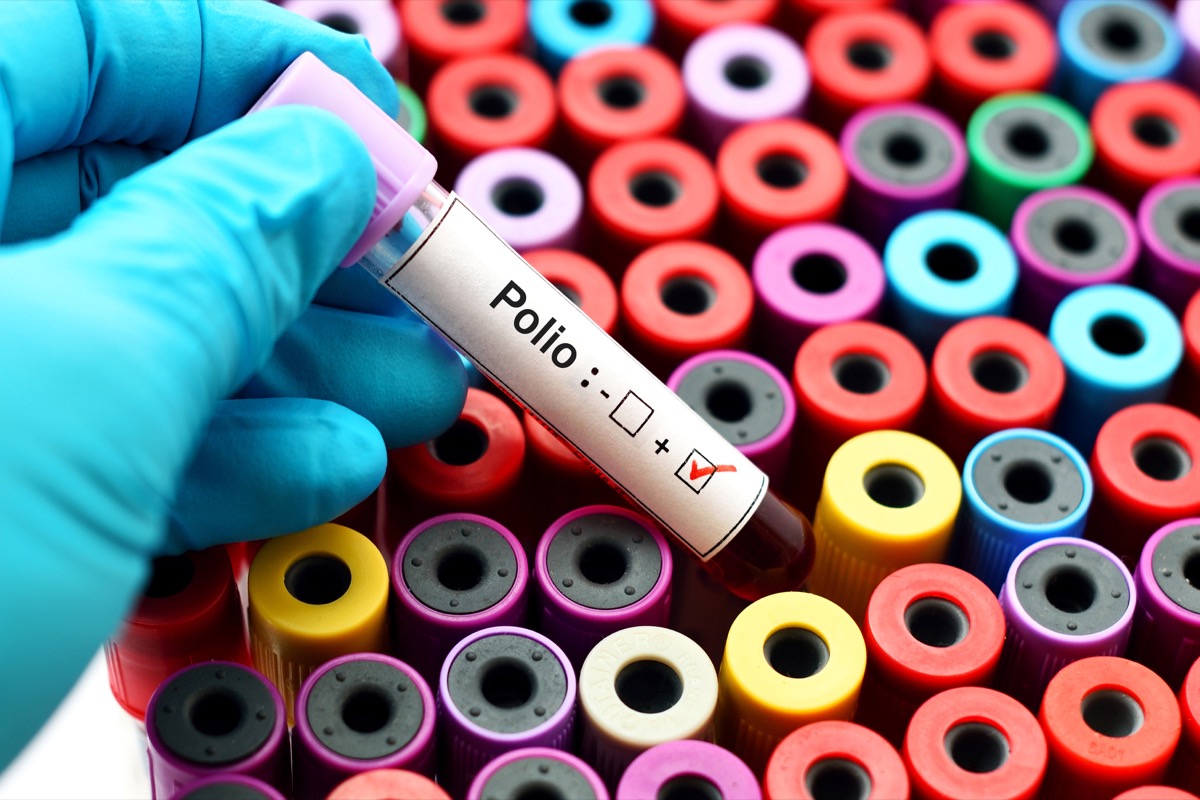Physician uses nerve transfer operation to provide hope for adolescents and kids with severe flaccid myelitis. A New York orthopedic surgeon, utilizing a technique that was complicated and innovative, has successfully restored muscular function to young patients who’ve a devastating disease which resembles polio. Dr. Scott Wolfe is an expert in nerve transfer surgery in the Hospital of Special Surgery in NY and director of the HSS Center for Brachial Plexus and traumatic nerve injury. The disease is acute AFM, or flaccid myelitis, an inflammation of the spinal cord which appears to happen following a viral infection. This week, the CDC and Prevention reported there were 201 confirmed case of AFM in 40 countries last year.
That compares with 35 cases in 2017 and 149 cases in 2016. Most affected patients are children and teenagers, Wolfe told Healthline. Within two or a day, almost all experience accelerated paralysis, either a partial or complete loss of muscle function in their arms or legs. When some patients recover function, many suffer some amount of permanent paralysis. No nonsurgical treatment has been shown to be effective. He said. To carry out a nerve move, Wolfe takes all or part of a working nerve with a function and transports it to reestablish function at a muscle. Wolfe has restored arm motion and function in young AFM patients that were told their paralysis will be permanent.

The journal Pediatric Neurology has published a study which details Wolfe’s work with two patients aged 12 and 14. After suffering partial paralysis and after that undergoing a nerve transfer operation, they regained movement in their arms. Wolfe stated he and his co-workers published their work to increase consciousness in the health care community. In the year 2014, Wolfe conducted the first successful nerve transfer on an AFM patient suffering with enterovirus EV-D68 respiratory disease. Enteroviruses are a set of common infections that impact kids. Wolfe performed nerve transfer operations for the EV-D68 during an outbreak in 2014. Ever since then, he is done several dozen neural transfer surgeries for many different conditions.
The procedure is delicate and meticulous. He said. To prepare, my co-workers and I conduct exhaustive planning and hours of muscles and nerve testing. Each pair of neural transfers is conducted under a microscope and may take five to seven hours.















Add Comment